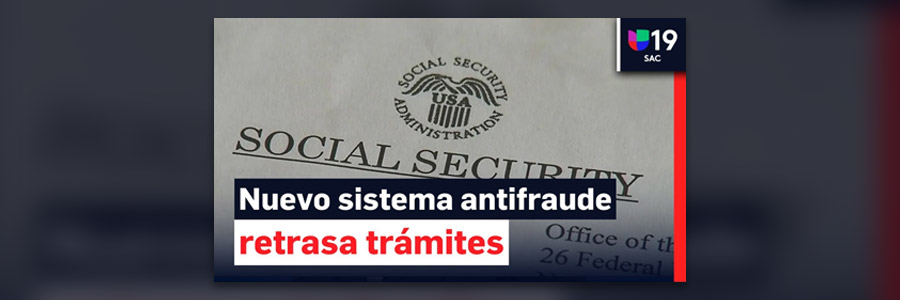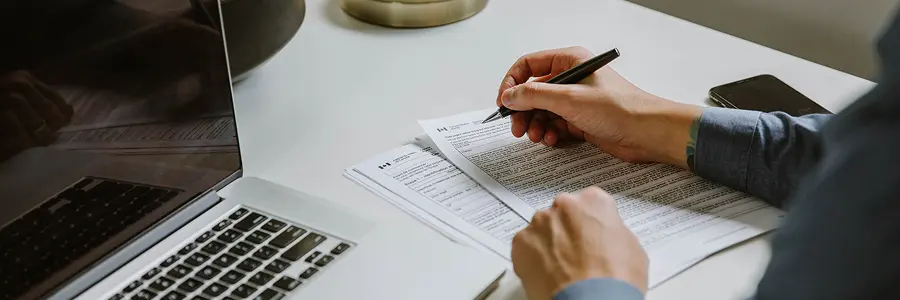
Can I Get SSI If My Spouse Gets SSDI?
Are you eligible for SSI if your spouse receives SSDI? Find out the answer and explore the rules and guidelines that apply to your situation in this article.

Are you eligible for SSI if your spouse receives SSDI? Find out the answer and explore the rules and guidelines that apply to your situation in this article.

Many Americans who have experienced a disability find themselves in a catch-22 between their last paycheck and the uncertain arrival of benefits, often leaving them

Ever opened your bank account and thought, “Wait — where’s the rest of my Social Security check?” You are not alone. It can be a

As you approach your 67th birthday, you might wonder, “What will happen to my Social Security disability benefits when I reach this milestone?” It’s a

SPANISH TRANSCRIPT: Persona una (Solicitante, Yesenia)Se iba a la grabadora; no me contestaban. Estuve intentando por dos meses comunicarme con ellos. Nunca me contestaron. Persona

Understanding the intersection of long-term disability (LTD) benefits and Social Security retirement benefits can often feel like navigating a complex maze filled with uncertainties and

If you’ve ever wondered how to make the most out of Social Security spousal benefits, you’re not alone. These benefits are a critical source of

Have you ever found yourself wondering, “Can I qualify for disability benefits if I have never held a job?” It is not uncommon for people

This article was written by a guest editor and has been fact-checked by attorneys at LaPorte Law Firm for accuracy. In today’s digital age, managing

Securing Social Security disability benefits can be a daunting process. With millions of people applying each year, the system is often bogged down by bureaucracy,
A study conducted by the Government Accountability Office found that people who hired an attorney nearly tripled their odds of success. You can be one of them.
San Jose
2570 N First Street
2nd Floor, San Jose,
CA 95131
Oakland
1999 Harrison St
18th Floor
Oakland, CA 94612
Toll Free: 800-735-3425
Fax: 408-292-7673
Fax (Oakland): 510-369-2074

Watch free video presentations by the attorneys at LaPorte Law Firm on how to apply or prepare for a Social Security disability hearing.